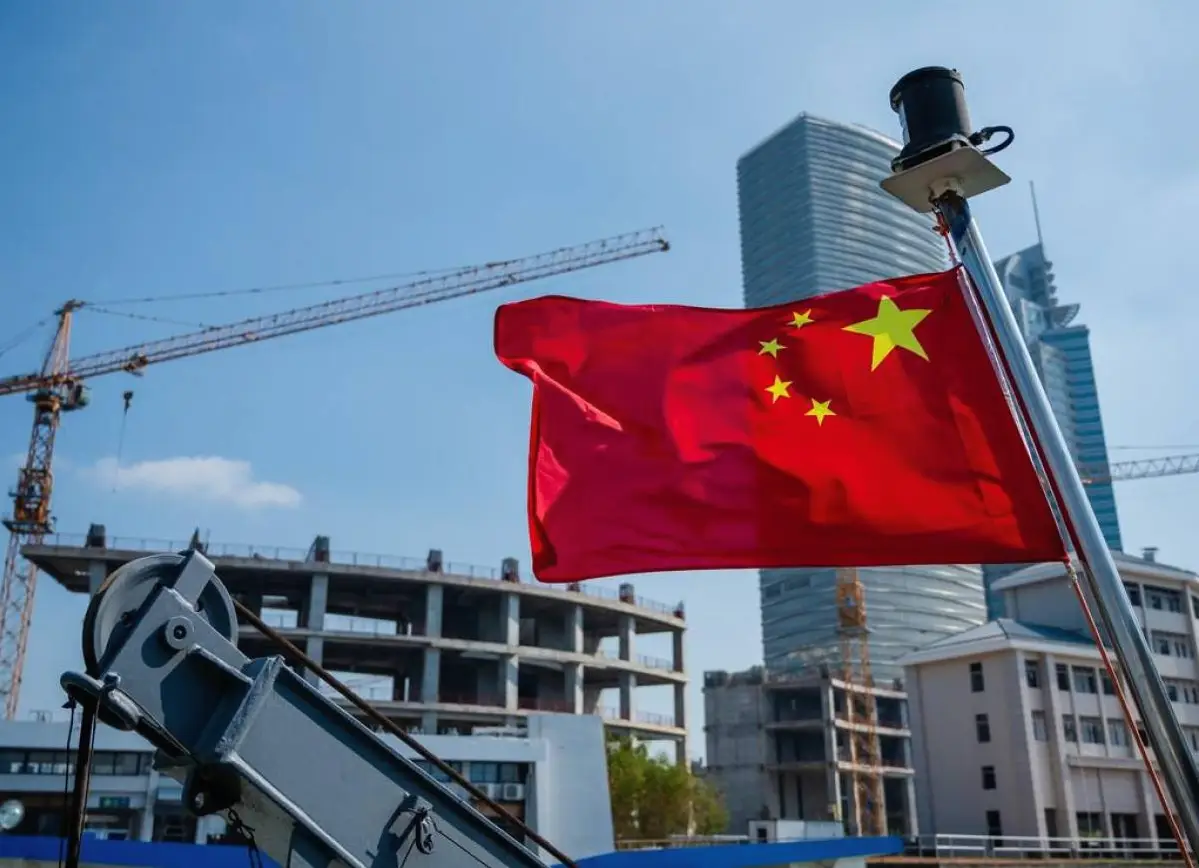While militarizing counternarcotics in the Caribbean, saber-rattling with Maduro in Venezuela, and negotiating with Putin in Alaska and Netanyahu in Israel, U.S. Secretary of State Marco Rubio is also combatting China’s engagement in Central America, using visas as a weapon.
On September 4th, Rubio tweeted, “The United States is committed to countering China’s corrupt influence in Central America. Today the @StateDept is announcing a new visa restriction policy that will restrict U.S. visas for Central American nationals, and their immediate family members, who are intentionally acting on behalf of the Chinese Communist Party and threatening our region’s stability.”
The announcement signals a heightened effort from Washington to curb Beijing’s influence in Latin America, which Rubio has sought to do since his years as a U.S. senator. As the Trump administration designs its Latin America-facing foreign policy, these visa restrictions reveal a new strategy of opposing China there that targets individuals and uses sticks over carrots.
Central America and China
Central America is at the center of U.S. efforts to counter China’s rising political and economic activity across Latin America. The region is home to Guatemala and Belize, two of the twelve countries that still have diplomatic relations with Taiwan and thereby forgo relations with China, which refuses to hold relations with any country recognizing Taiwan diplomatically.
All other Central American nations—Panama, Costa Rica, Nicaragua, El Salvador, and Honduras—have since 2007 severed relations with Taiwan in order to establish relations with China. In exchange, Beijing has gifted them infrastructure projects, development aid, and trade agreements.
In El Salvador, notably, China has built a state-of-the-art, seven-story national library in the capital city, with floor-to-ceiling glass windows and a Chinese flag raised in front. In the city’s outskirts, the Chinese government is footing the bill for a brand-new, $100-million national stadium that will hold roughly 50,000 fans, set to complete in 2027. An hour south on the coast, Chinese companies are building a tourist pier at Surf City: a vacation destination that Salvadoran populist strongman Nayib Bukele promotes to re-brand his country from its years plagued by gang violence. While proving himself an ally of the new Trump administration by hosting deported migrants in his new mega-prison, Bukele has also helped China grow its influence in Central America.
Rubio’s Response
As a senator, Rubio decried China’s growing presence in Latin America in congressional testimony and introduced legislation to reduce China’s financial influence there. On social media, he has denounced El Salvador for establishing relations with China in 2018, threatened Guatemala with aid cuts if it did the same, and praised Paraguay for being the only South American country that maintains relations with Taiwan. In January, he raised the alarm about Latin American countries ditching Taiwan for China during his confirmation hearing, and pledged in an op-ed to help Latin American countries “more easily resist countries such as China that promise much but deliver little.” The next month, he completed his first overseas trip as Secretary of State to Central America, where he thanked Guatemala’s president for backing Taiwan and warned Panama’s, El Salvador’s, and Costa Rica’s against approaching China.
Rubio’s tactics transcend warnings, as these new visa restrictions show. Revoking visas of foreign individuals is not a new phenomenon. U.S. officials have long wielded visa privileges in anti-corruption efforts to deter foreign leaders from accepting bribes, embezzling public funds, or otherwise undermining rule of law. Since 2021, the U.S. State Department has kept and lengthened the “Engel List”—a list of allegedly-corrupt Central American figures barred from U.S. entry. But in recent years, as Washington has proactively attempted to compete with China in Latin America, visa restrictions have become a method of deterring Central Americans from developing political, financial, or personal ties with China.
In March 2023, a Panamanian member of the Panama Canal’s governing board was detained in a U.S. airport, questioned for three hours, and then denied entry over his business dealings with China. In April this year, U.S. officials told former Costa Rican president and Nobel laureate Oscar Arias Sánchez—who established Costa Rica’s relations with China in 2007—that his visa was revoked due to his personal ties with China. Rubio’s recent announcement indicates that more of these cancellations may come, and it will likely deter Central Americans who do not want the same fate.
China: Continuing Engagement and Condemning Rubio
These restrictions come at a pivotal time in China’s relations with Central America. Last year, China banned importing Guatemalan coffee and macadamia seemingly over the country’s continued relations with Taiwan. A few months later in Belize, a parliamentary leader indicated he may sever relations with Taiwan and establish relations with China if elected prime minister. In Honduras, where a pivotal election in November will determine the country’s future relations with China, Beijing has built ties with incumbents, hosting a delegation of the ruling party and more than 20 Honduran mayors on free visits to China. Rubio’s visa restrictions seem to a be a clear effort to stop these trends.
Beijing, for its part, has not been pleased. In response to the new visa restrictions, a Chinese foreign ministry spokesman declared, “China expresses strong dissatisfaction and firm opposition to the U.S.’s groundless attacks and smears, blatant coercive diplomacy, and interference in China-Central America relations. The U.S., wielding the visa stick will not intimidate those with true insight, nor will it stop the historical trend of development of China-Central America relations.” Rubio, for his part, has been banned from entering China since 2020 for criticizing the Chinese government’s human rights practices.
In a call with China’s Foreign Minister Wang Yi on September 10th, Rubio showed willingness to communicate openly and constructively with Beijing on bilateral issues between the U.S. and China. But in Latin America, he shows firmness to counter Beijing, telling Central Americans that they can engage with China, but that could keep them from being tourists, visiting relatives, or conducting business in U.S. territory.














